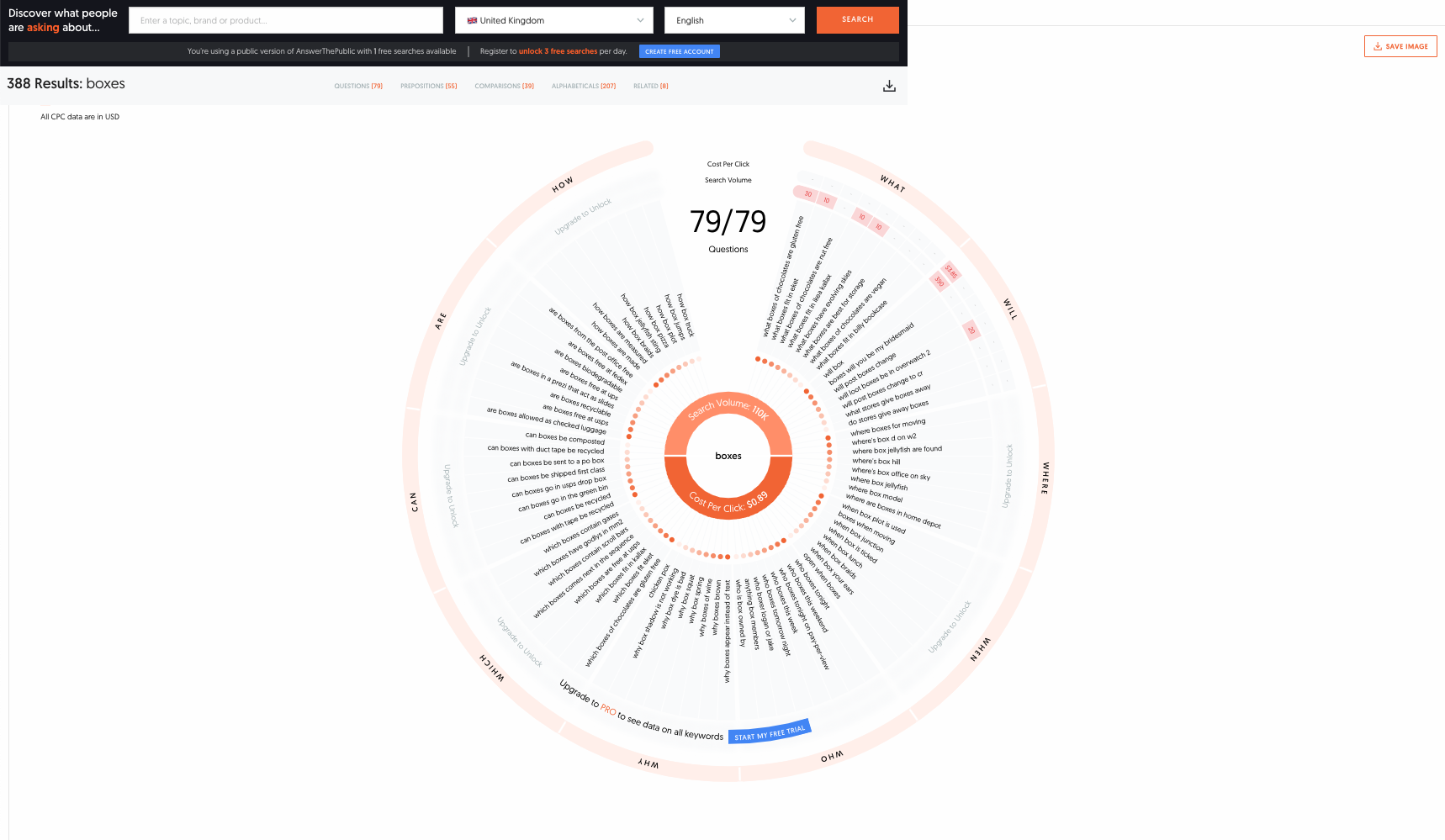
What are keywords and why research them?Keywords are the words or phrases that people type into search engines when they're looking for something online. They help search engines understand what a website or page is about. For this reason, they're the foundation of search engine optimization. Keyword research is the process of finding and analysing keywords that are relevant to your business. It is important to include these keywords in the content of your website, or on relevant web pages. This way, you can increase the chances of potential customers finding you through search engines.
Why is keyword research important for small businesses?1. Choosing the right keywords helps you improve your search engine rankings. If you choose keywords that no one is searching for, you won't get any traffic. If you choose keywords that are too competitive, it will be difficult to rank for them. 2. It helps you create content that's relevant and useful. By researching keywords, you can create content that's relevant to your target audience. It is important to be useful where possible. For example, by answering questions or offering valuable information. 3. It helps you understand your target audience. By researching keywords, you can learn more about your target audience. If you know what they're looking for and what they're interested in, then you can offer them what they need.
4 free keyword research tools:
This is a free keyword research tool that gives you suggestions for keywords related to the word or phrase you're searching for. It's a great way to find long-tail keywords that are more specific and less competitive.
This tool is now owned by Neil Patel, who owns Ubersuggest - but it's still a different tool. It's for finding questions that people are asking about a particular topic. An increasingly common way to find products or information is by typing questions into a search engine. For example, "what is a good backpack for someone with back problems?" By using phrases related to these questions, you can create content that's relevant to your audience. This will make you more likely to rank in search engine results.
This is a powerful SEO tool that provides data on keywords, backlinks and more. It also helps you spy on your competitors. While the paid version of the tool is more robust, the free version still provides valuable information for keyword research.
This is a free tool from Google that helps you find the right keywords to target. It is part of Google Ads but you can use a basic version of the planner without running any ads. Type in a word or phrase related to your business and the tool will offer you alternative words. It will also show you data on how often a word is being searched for and how competitive it is.
Secondary KeywordsSecondary keywords are related keywords that are often used along with the main keyword.
Let's say your main keyword is "coffee". Secondary keywords might include "coffee shop," "coffee beans," "coffee maker," etc. Using these secondary keywords in your content helps search engines understand the context of your main keyword.
|




































